‘Let It Be’ asks us to accept life as it is – an invitation to the whole world, offered with a little shrug, a slight creasing of an eyebrow or a quick but knowing smile.
So it’s the perfect title for a song of understanding.
Three words, seven letters, saying so much. The bookshelves of philosophers sag under the weight of such thoughts. But ‘Let It Be’ tells us simply that you can’t halt time or change what has happened. Life goes on whether you’re there or not.
Now imagine, which is always a good idea for admirers of the Beatles, you’re walking along the streets. Music is all around – strumming out of the doorways and those slippery alleys, where beggars hunker in quilts; as well as from the more formal platforms near the big stores. Sweet and guttural, pure and throaty, soft and passionate – all sorts of voices fill the air.
Some of the songs come from big fellas and keen-eyed girls, who could appear, and often do appear, on more glorious stages. A few songs come from students on the make. Other songs come in wheezy verses from pale figures with stubbly chins, alive but almost phantoms.
Look and listen. Now hear that auld chap singing a real busker‘s song
“Oh, dirty Maggie Mae, they’ve taken her away and she’ll never walk down Lime Street any more. Oh, the judge he guilty found her of robbin’ a homeward-bounder, that dirty, no good, robbin’ Maggie Mae …”
Those blue jeans, stretching down to Cuban-heeled boots, look strangely familiar. The black leather jacket would have cost a few bob, once. The collar’s raised, but it’s a bit scuffed now. The guitar’s a good ’un, though. Watch, the breeze lifting his grey/white hair, exposing a noble brow. The brown eyes have a hard stare behind those owl-specs, but it softens when coins chink in his saucer. That’s better than rattling your jewellery. He has a quip for every chink.
Yes, imagine. John Lennon’s a busker. It’s not hard to do. Of course, all the Beatles would have heard ‘Maggie May (Mae)’. It was popular song in the skiffle craze with recordings by the Vipers, Lonnie Donegan and others. It was also the title of Lionel Bart’s rambunctious and successful musical about Liverpool life.
And if you listen carefully to the 41 seconds of ‘Maggie Mae’ on ‘Let It Be’, it’s John’s voice that carries the sound of the streets, the exaggerated Scouse pronunciation of more (moww-awh) and the rolled ‘rs’ in rrrobin’.
Despite the clear Liverpudlian tones in ‘Love Me Do’, many felt the Beatles sounded American in their early hits. Even ‘Strawberry Fields’ and ‘Penny Lane’, with their evocations of childhood haunts in the city, didn’t have a heavy emphasis on the Scouse accent.
So at the end of their careers together, we have what is little more than a snatch of a traditional sailors’ song, which in our folk clubs and pubs had so frequently been stretched over several verses with many lyrical variations. And it was often an opportunity for the more (moww-aawh) middle-class habitués of such places to practise their Scouse accents and poke the embers of their proletarian ancestry.
Perhaps for the Beatles it was another way of saying ‘Get Back’. Who knows?
John enjoyed playing with words. So a scheming prostitute on Lime Street wasn’t so much ‘Maggie Mae’ as Maggie Will – in lots of different ways.
– David Charters
David Charters has been a journalist and writer on Merseyside since the mid 1960s.
In that time, he has worked on local, regional and national papers. For almost 25 years he was a weekly columnist on the old Liverpool Daily Post and he is now a regular columnist on the Liverpool Echo, where he is known to many as the Perambulating Pensioner or Bard of Birkenhead, as his stories often feature his native town, known to readers as “this crusty old pie of a town”.
David’s books include Life, Love and Washing Up; Great Liverpudlians and Liverpool: The World in One City.
He is a public speaker, often relaying the humour he finds in everyday life. But in his presentation, Ghosts in the American Dream, he tells of how, despite their great valour, Native Americans were dispossessed of their land, their dreams, faith and their way of life.
David’s play, A Dream of Wilfred Owen, has been performed at a number of local venues including St George’s Hall. In 2018 it opened the official events on Wirral commemorating the 100th anniversary of the death of the Great War poet, who spent part of his childhood in Birkenhead.
Last year, David, 72, and his 24-year-old son, Cameron, crossed the Alps in the footsteps of the Carthaginian general Hannibal Barca. This provided material for articles and talks.
David loves the music of the 1960s, particularly the songs of the Kinks, Bob Dylan and, of course the Beatles.
More in this series

‘Across The Universe’ by Jon Keats #LetItBe50
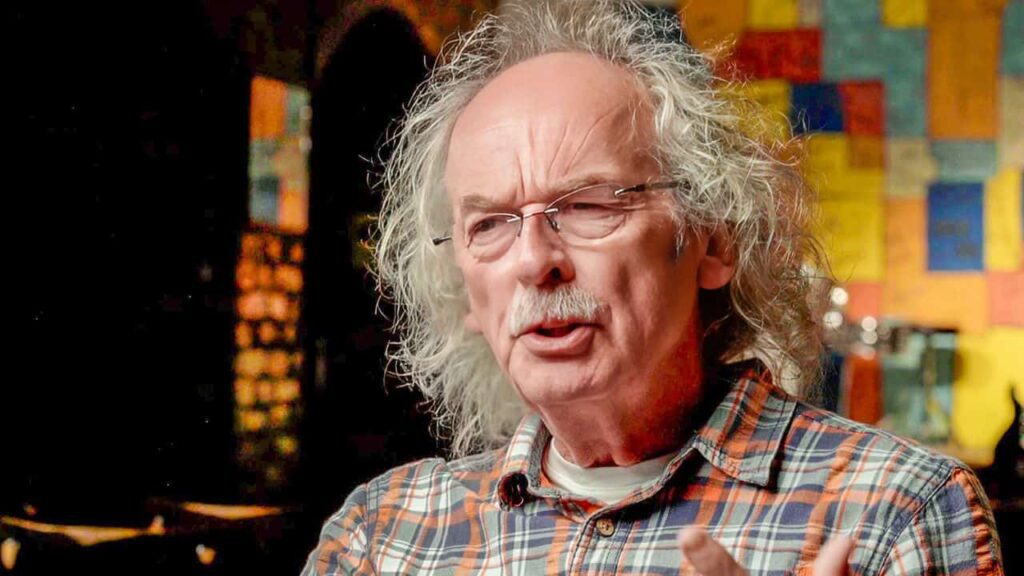
‘Dig A Pony’ by Mike Brocken #LetItBe50
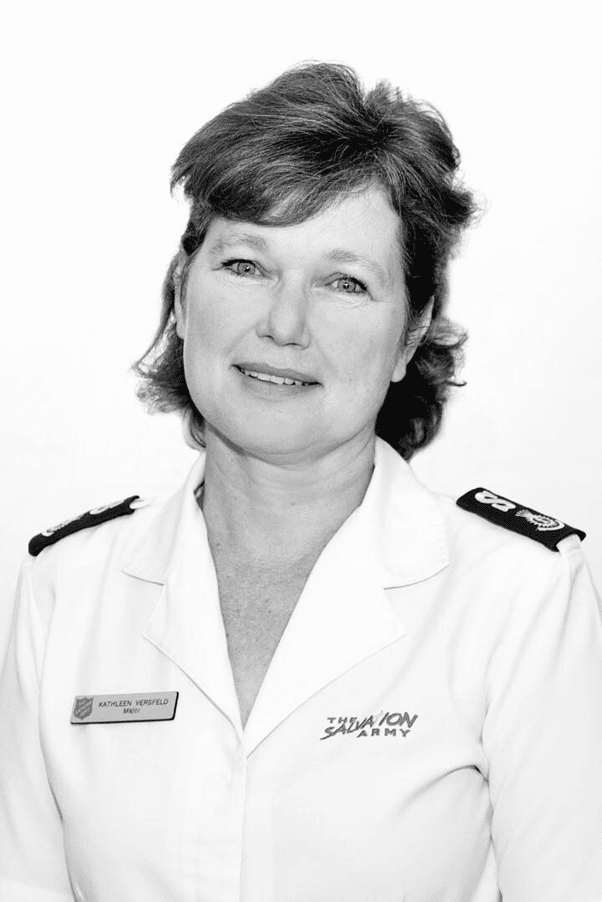
‘Dig It’ by Kathleen Versfeld #LetItBe50
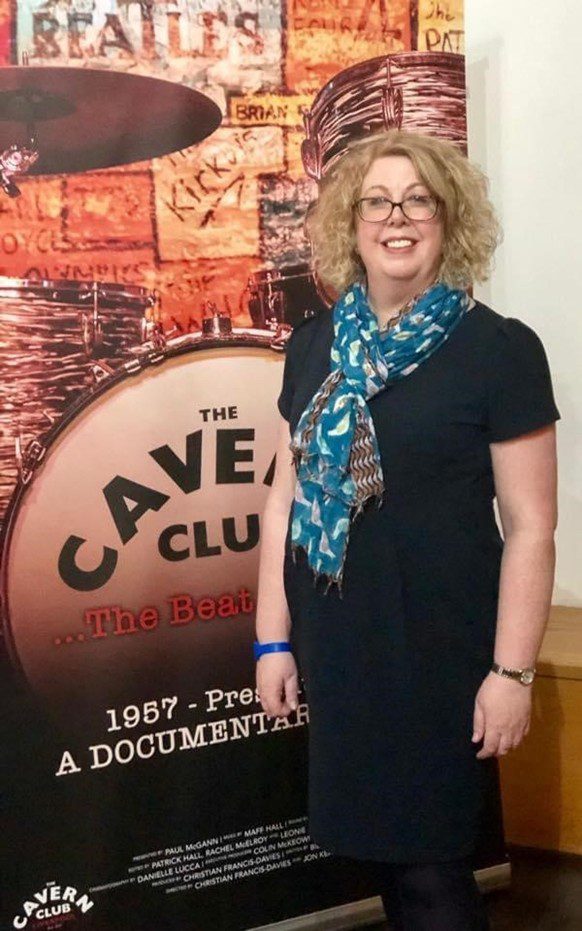
‘For You Blue’ by Jan Morris #LetItBe50
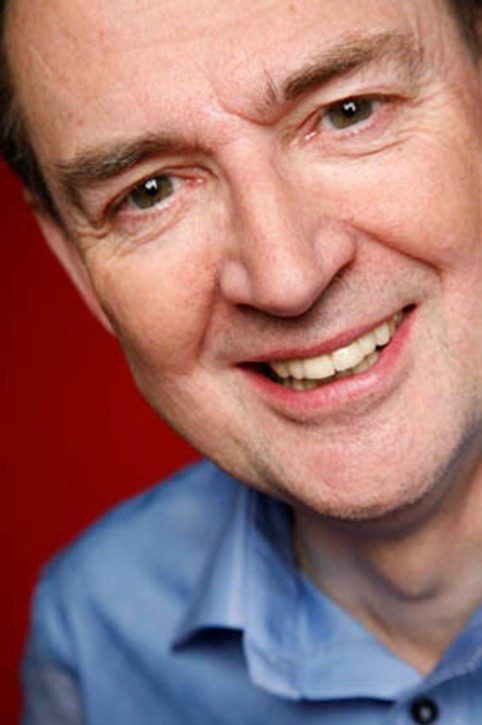
‘Get Back’ by Spencer Leigh #LetItBe50
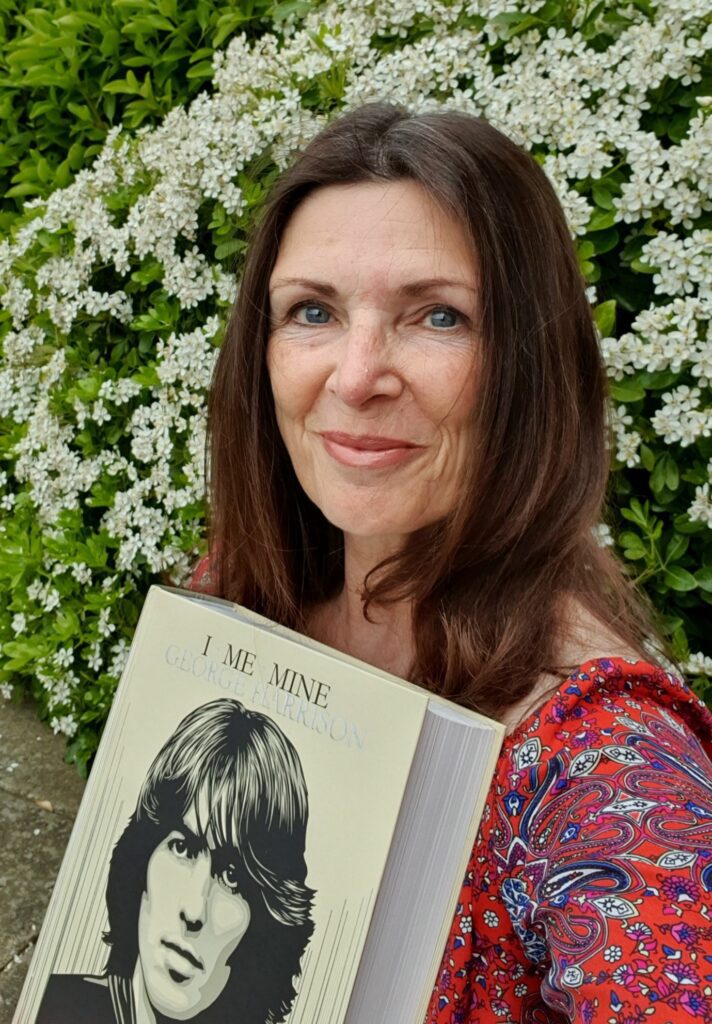
‘I Me Mine’ by Jackie Spencer #LetItBe50
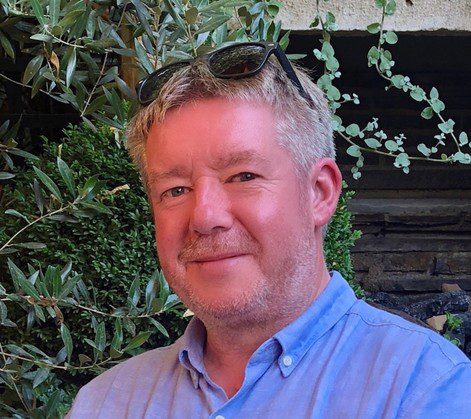
‘I’ve Got A Feeling’ by Paul Beesley
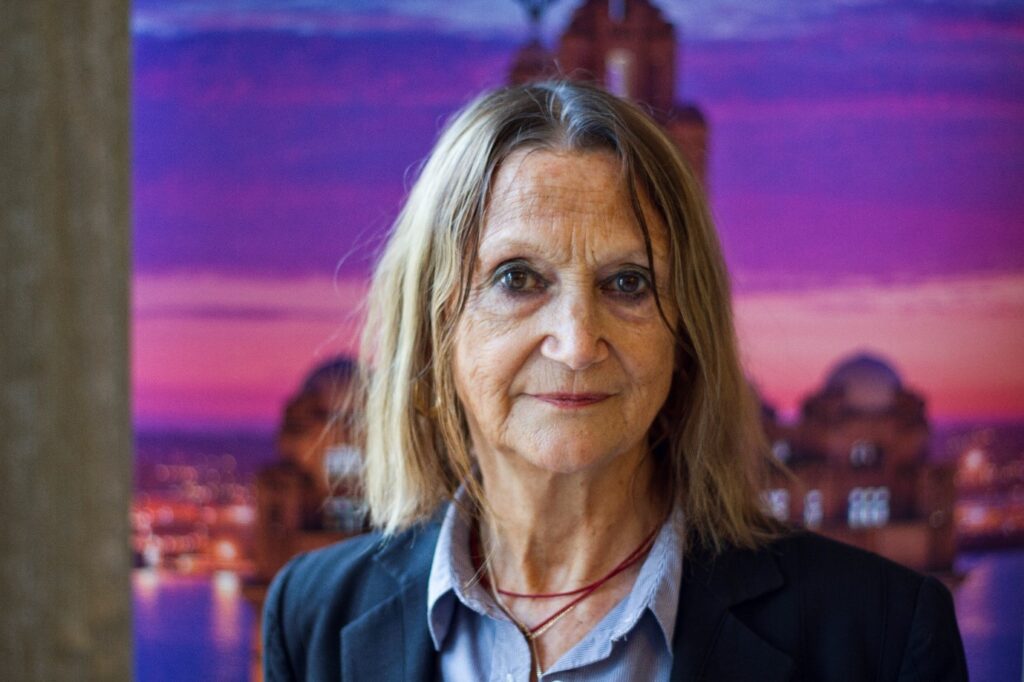
‘Let It Be’ by Julia Baird #LetItBe50
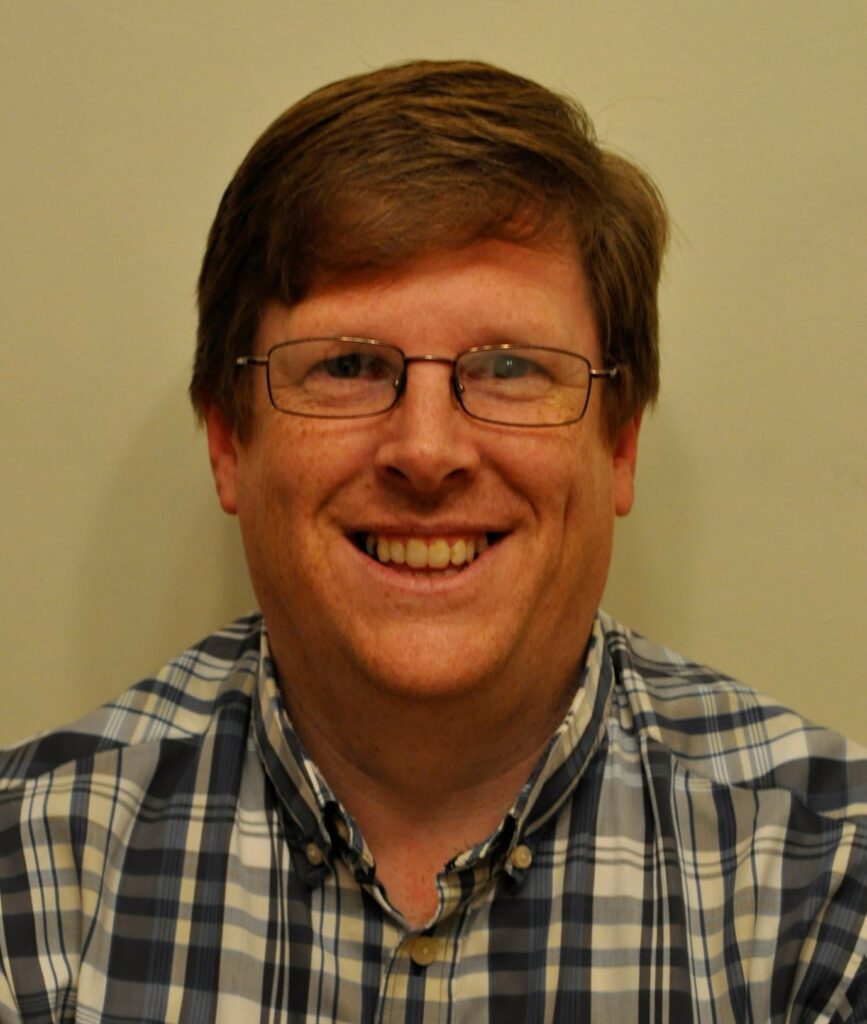
‘One After 909’ by David Bedford #LetItBe50
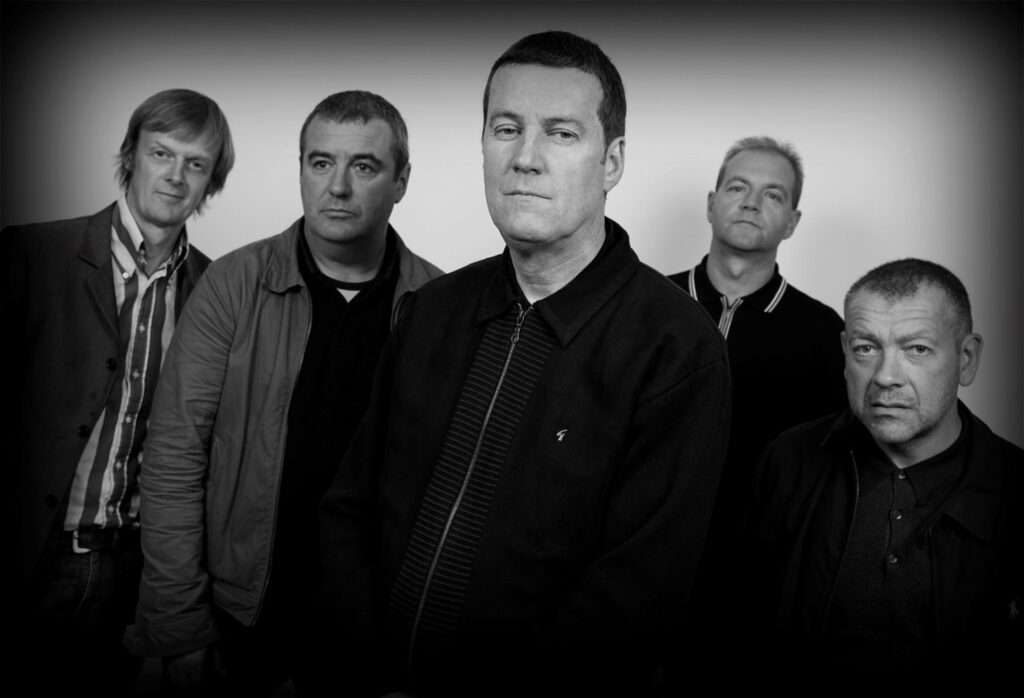
‘The Long And Winding Road’ by Peter Hooton #LetItBe50
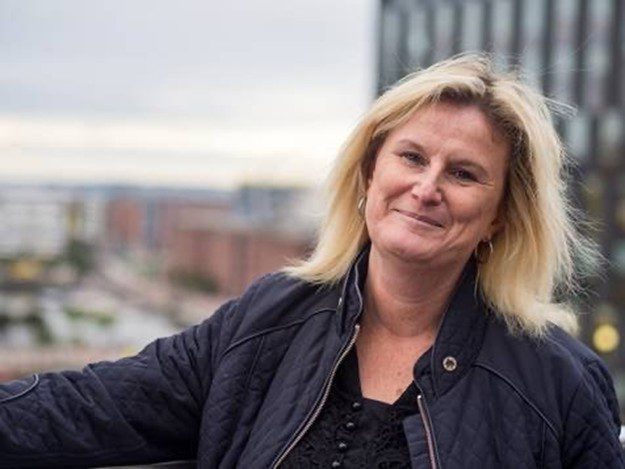
‘Two Of Us’ by Charlotte Martin #LetItBe50